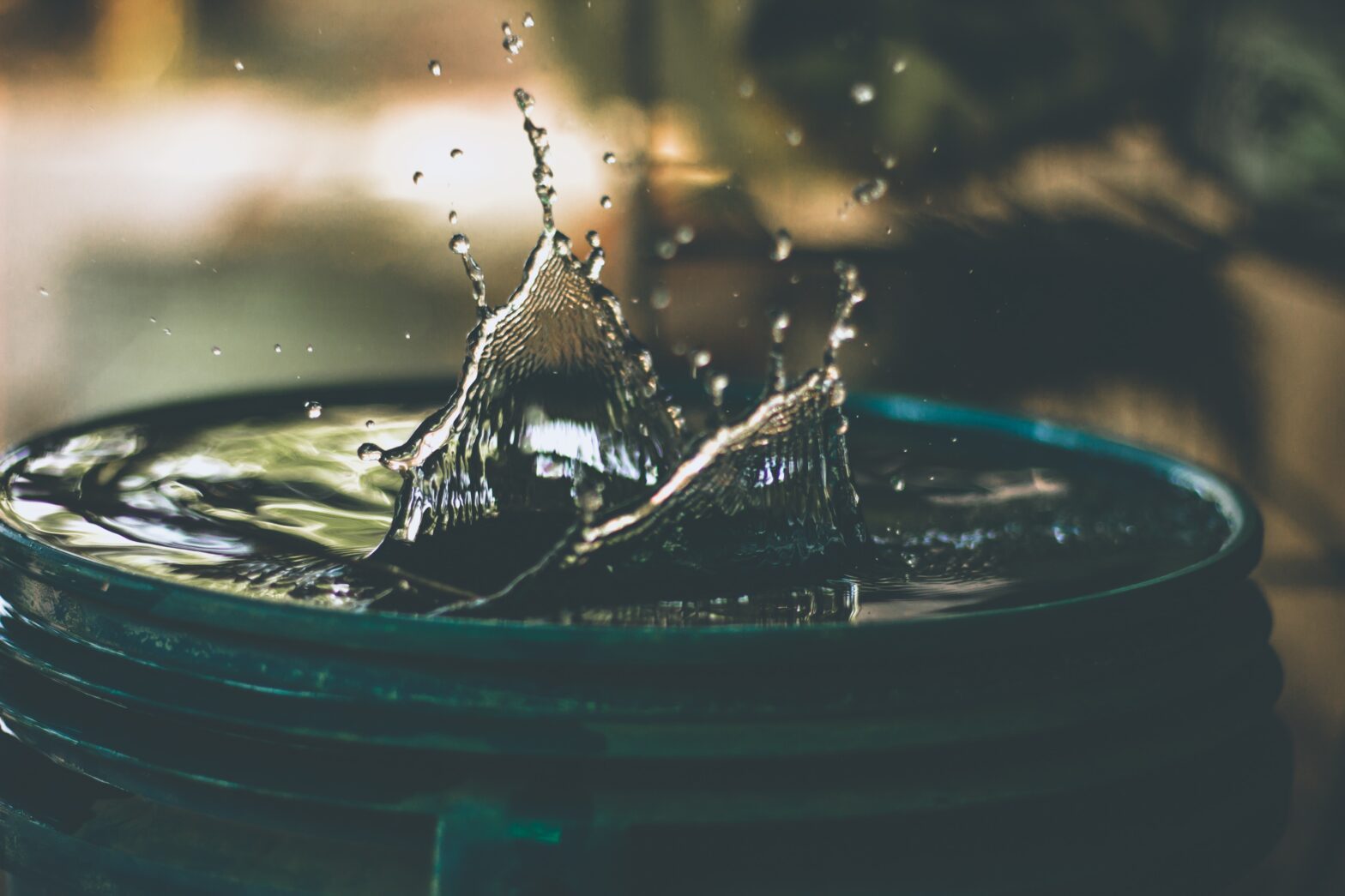Water conservation is undeniably a crucial topic in today’s world, as increasing population and climate change put a strain on our planet’s freshwater resources. While traditional water-saving methods like fixing leaks and using low-flow appliances are widely accepted, there are several controversial water conservation ideas that have sparked debates among experts and the general public. This article will delve into some of these contentious concepts, exploring their potential benefits, drawbacks, and the ethical dilemmas they pose.
Water Taxation and Pricing
One controversial approach to water conservation is implementing higher taxes or pricing based on water usage. The idea behind this concept is to incentivize individuals and businesses to use water more responsibly. Critics argue that this approach disproportionately affects low-income households, potentially making water unaffordable for some. Additionally, there are concerns about the privatization of water resources, leading to corporate control and exploitation of this essential resource.
Cloud Seeding and Weather Modification
Cloud seeding involves artificially inducing rainfall by dispersing substances into the air that encourage cloud condensation. While this method has been used in various parts of the world to combat droughts, it raises concerns about its environmental impact. Critics worry about unintended consequences such as altered weather patterns, unknown ecological effects, and the potential for misuse by governments or corporations.
Desalination
Desalination is the process of removing salt and other impurities from seawater to make it suitable for drinking and irrigation. While desalination plants have been successful in providing freshwater in arid regions, the process is energy-intensive and can harm marine ecosystems due to the discharge of brine back into the ocean. Additionally, desalination raises ethical questions about prioritizing expensive technology over equitable distribution of existing water resources.
Water Recycling and Reuse
Wastewater recycling and reuse involve treating sewage and wastewater to make it safe for various non-potable purposes, such as irrigation and industrial processes. While this approach conserves freshwater supplies, the “yuck factor” often deters public acceptance. Overcoming psychological barriers and ensuring rigorous treatment processes are crucial for the widespread adoption of water recycling.
Rainwater Harvesting
Rainwater harvesting involves collecting and storing rainwater for later use. While this method is relatively simple and environmentally friendly, there are controversies regarding its legality and potential impact on groundwater recharge. In some areas, regulations or concerns about water rights create barriers to the widespread implementation of rainwater harvesting systems.
Land Use and Conservation Easements
Preserving natural landscapes and implementing conservation easements on private lands can protect watersheds and groundwater recharge areas. However, conflicts arise between private property rights and the greater good. Striking a balance between individual landowner rights and community water conservation goals requires thoughtful policies and community engagement.
Conclusion
Controversial water conservation ideas challenge our understanding of water management, urging us to explore innovative solutions while considering the ethical, social, and environmental implications. As we navigate the complexities of water conservation, it is essential to engage in informed discussions, weigh the pros and cons, and work collaboratively to ensure a sustainable water future for all. By embracing a multidisciplinary approach and fostering open dialogue, we can find effective and equitable solutions to address the pressing water challenges of our time.
